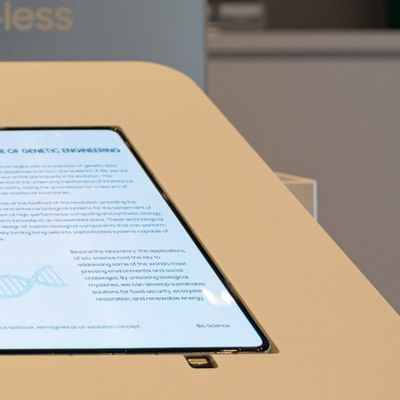While not immediately Mac-related, many readers may be interested in the status of recent legislation regarding "Network Neutrality."
In brief, Network Neutrality is the concept that networks should be "dumb" and treat each type of data traveling over it equally. This is in contrast to an intelligent network where the network knows what kind of data is flowing over it (i.e. peer-to-peer, VoIP, HTTP (web traffic), quicktime streams, etc...), and treats each kind differently depending on its needs or according to external parameters placed by the network administrator.
Issues regarding Network Neutrality heightened in the past decade with the rise of consumers using VPN's and Wi-Fi. In response, some ISP's put restrictions on consumer's use of VPN's and Wi-Fi or routers. In addition, with the rise of VoIP some ISP's have been shaping VoIP traffic in order to "encourage" customers to buy higher-priced plans without VoIP traffic shaping.
Macworld reports that the U.S. House of Representatives Judiciary Committee has voted 20-13 to approve the "Internet Freedom and Nondiscrimination Act." The Network Neutrality bill will require broadband providers to give independent content providers the same speed and quality of service as they have.
The bill is not without controversy. Some critics have charged that the bill is a step towards regulating the internet which will stifle innovation. There are other critics as well:
This week, the First Response Coalition, a trade group representing police and firefighters, sent a letter to the Judiciary Committee saying that debate over "niche issues" such as net neutrality are slowing down broader telecom reform legislation that would give emergency responders more radio spectrum. "First responders cannot wait any longer to have modern communications and interoperable radios," said the letter.
Competing legislation awaiting action on the House floor approved by the House Energy and Commerce Committee in April is a more wide-ranging telecommunications reform bill, but is not as strong in enforcing neutral networks as the recent bill passed by the Judiciary Committee.























